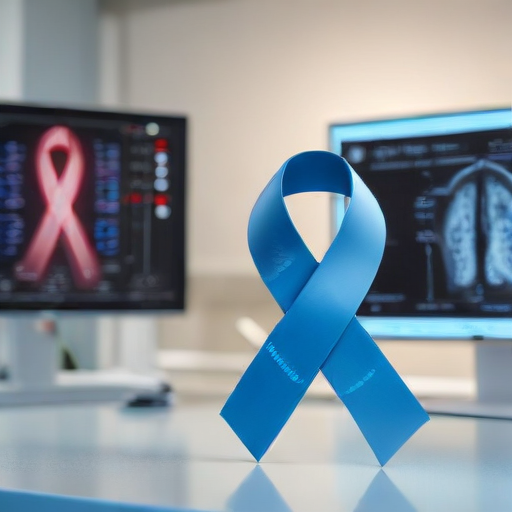An AI healthcare company has unveiled findings suggesting that its software can enhance the detection of prostate cancer beyond the capabilities of traditional medical assessments.
In a recent study conducted in collaboration with UCLA Health, Avenda Health introduced its Unfold AI software, which achieved an accuracy rate of 84.7% in detecting prostate cancer. In contrast, the accuracy of the ten physicians who evaluated 50 different cancer cases ranged from 67.2% to 75.9%. This data, published in the Journal of Urology, indicates that when AI was employed in cancer contouring, predictions regarding cancer size were 45 times more precise and consistent than those made without AI assistance.
Dr. Shyam Natarajan, an assistant adjunct professor of urology at UCLA and senior author of the study, noted that incorporating AI into the diagnostic process led to improved accuracy and consistency in assessments made by physicians. This agreement among doctors appears to enhance overall diagnostic performance.
Dr. Wayne Brisbane, another assistant professor of urology at the David Geffen School of Medicine at UCLA, mentioned the effectiveness of AI in identifying tumors that are “MRI-invisible.” This technology can augment traditional imaging techniques, ensuring that patients receive more effective and personalized treatment options tailored to their individual needs.
Avenda Health’s CEO Dr. Natarajan expressed optimism about the validating power of these findings, emphasizing the positive impact such innovations could have as recognized by the American Medical Association (AMA).
Prostate cancer remains a significant health concern, as statistics reveal that approximately 1 in 8 men in the U.S. will be diagnosed with the disease in their lifetime, and 1 in 44 will die from it. Looking ahead, 299,010 new cases of prostate cancer are anticipated this year in the U.S., with a projected 35,250 fatalities due to the disease.
This pioneering use of AI in cancer detection holds great promise for better patient outcomes. By merging technology with medical expertise, healthcare providers can significantly enhance their ability to combat one of the most prevalent forms of cancer. The future of cancer treatment appears to be moving toward greater integration of AI, leading to more effective and customized interventions for patients.
